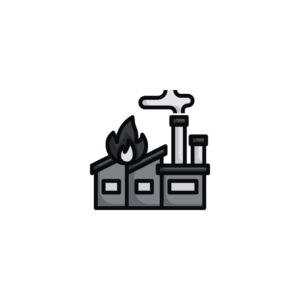Description
A Diploma Lateral Entry in Civil Engineering is designed for students who have completed a relevant technical diploma program (such as in mechanical engineering, architecture, or other related fields) and wish to specialize further in civil engineering. This program allows for direct admission into the second year of the diploma course, enabling students to build on their foundational knowledge while focusing on design, construction, and maintenance of infrastructure projects.
Curriculum Overview
The curriculum for a Diploma Lateral Entry in Civil Engineering typically combines theoretical studies and practical applications. Here are some common subjects and areas of study that students may encounter:
Fundamentals of Civil Engineering:
Introduction to civil engineering principles, including the roles and responsibilities of civil engineers.
Engineering Mathematics:
Advanced mathematical concepts applied in engineering, including calculus, linear algebra, and statistics.
Structural Analysis:
Study of forces and moments in structural systems, analyzing beams, frames, and trusses for stability and safety.
Construction Materials:
Properties and applications of construction materials such as concrete, steel, timber, and composites.
Surveying:
Techniques of land surveying, including measurements, leveling, and plotting construction sites.
Geotechnical Engineering:
Study of soil behavior, including soil mechanics, foundation design, and earth pressure theories.
Transportation Engineering:
Principles of designing and managing transportation systems, including roads, highways, and traffic flow.
Water Resources Engineering:
Overview of water supply systems, hydrology, hydraulics, and environmental engineering practices for water management.
Environmental Engineering:
Understanding the impact of civil engineering projects on the environment and techniques for sustainable development.
Construction Management:
Introduction to project management principles, including planning, scheduling, and resource management in construction projects.
Building Planning and Design:
Basics of architectural design, including drafting, building codes, and zoning laws.
Project Work:
A hands-on project that allows students to apply their civil engineering knowledge in practical scenarios, such as designing a small structure or infrastructure project.
Career Opportunities
Graduates of a Diploma Lateral Entry in Civil Engineering have various career opportunities across different sectors, including construction, infrastructure development, government agencies, and consulting. Some potential job roles include:
Civil Engineer: Designing, planning, and supervising construction projects, ensuring compliance with regulations and standards.
Site Engineer: Overseeing the day-to-day operations on construction sites, managing subcontractors, and ensuring project timelines are met.
Structural Engineer: Specializing in the design and analysis of structures, ensuring safety and stability under various conditions.
Surveyor: Conducting land surveys, preparing site plans, and ensuring accurate measurements for construction projects.
Materials Engineer: Testing and analyzing construction materials to ensure quality and performance standards.
Environmental Engineer: Working on projects related to pollution control, waste management, and sustainable development practices.
Transportation Engineer: Focusing on the design and implementation of transportation systems, analyzing traffic patterns, and enhancing road safety.
Construction Manager: Overseeing construction projects from inception to completion, managing budgets, schedules, and resources.
Project Coordinator: Assisting in planning and execution of civil engineering projects, ensuring that all stakeholders are aligned.
Quality Control Inspector: Ensuring that construction processes meet quality standards and specifications.
Further Education
After completing a Diploma Lateral Entry in Civil Engineering, graduates may choose to further their education by enrolling in a Bachelor?s degree program in Civil Engineering or a related field. Additionally, obtaining certifications in specialized areas such as project management, environmental engineering, or structural engineering can enhance career opportunities and professional development.
If you have any questions about the Diploma Lateral Entry in Civil Engineering program, potential career paths, or any related topics, feel free to ask!









